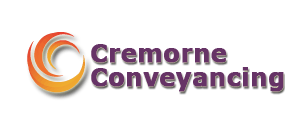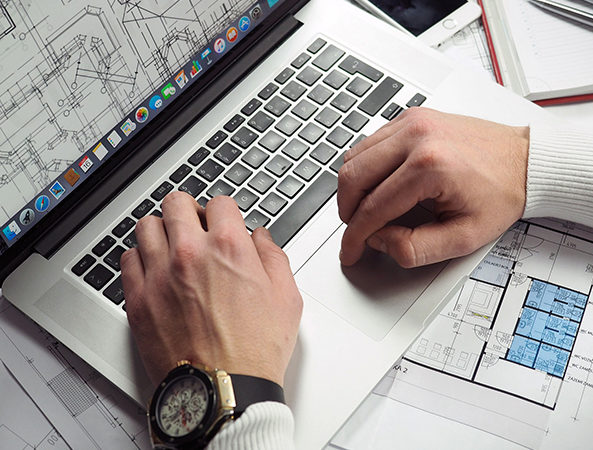Buying your first property is exciting, as well as potentially a little daunting. To help minimise your concerns, we’ve prepared this quick guide to help you understand the additional costs associated with buying your property. It will help you factor in additional costs to ensure you have sufficient funds, and enter the actual purchase with eyes wide open.
In short, buying a property involves both upfront and ongoing costs. As a home loan specialist, our role is to help our clients ensure they have considered these costs into their budget.
What are some of the upfront costs of buying a property?
Your up-front costs can include:
- Purchase price: what you’ll pay to purchase the property
- Stamp duty: a substantial government tax on property purchases (varies by state)
- Legal and conveyancing fees: for transferring ownership of the property to you. These will vary depending on the property you buy and the conveyancer or solicitor you use
- Loan application fees: these vary by lender
- Lenders’ Mortgage Insurance: depending on the type of loan you take out and the size of your deposit, you may need to pay lenders’ mortgage insurance to protect the lender
- Building, pest and strata inspection reports: these costs can add up but will give you the peace of mind of knowing what you’d be buying. Better to spend a little on a report than a lot on an unknown issue after purchase!
- Moving costs: even if you’re planning on moving yourself (and roping in family and friends…) you’ll likely spend money on vehicle hire, boxes, and protective blankets, etc.
It’s important to remember that the total upfront costs will affect the amount you’ll need to save as a deposit.
What are the main ongoing costs of owning a property?
Some of the ongoing costs that come with a property can include:
- Interest charges: payable on any money you borrow. For example, money you borrow to purchase the house and for other expenses such as stamp duty
- Loan repayments: unless you have an interest-only loan, you need to pay back the principal amount borrowed as well as the interest charges
- Strata fees: for apartments and other communally managed properties
- Council rates
- Utility costs: for example, water, gas and electricity charges
- Insurance: building and contents insurance can protect you from unexpected costs due to damage, accidents or theft
- Property maintenance: for example, the costs of maintaining your home and garden.
Make sure you consider all possible ongoing costs before buying a property. They can add up and many property owners are taken by surprise when bills start arriving. It can also make a fundamental difference to which property you choose to buy, considering the variance in things like strata levies or maintenance costs.

